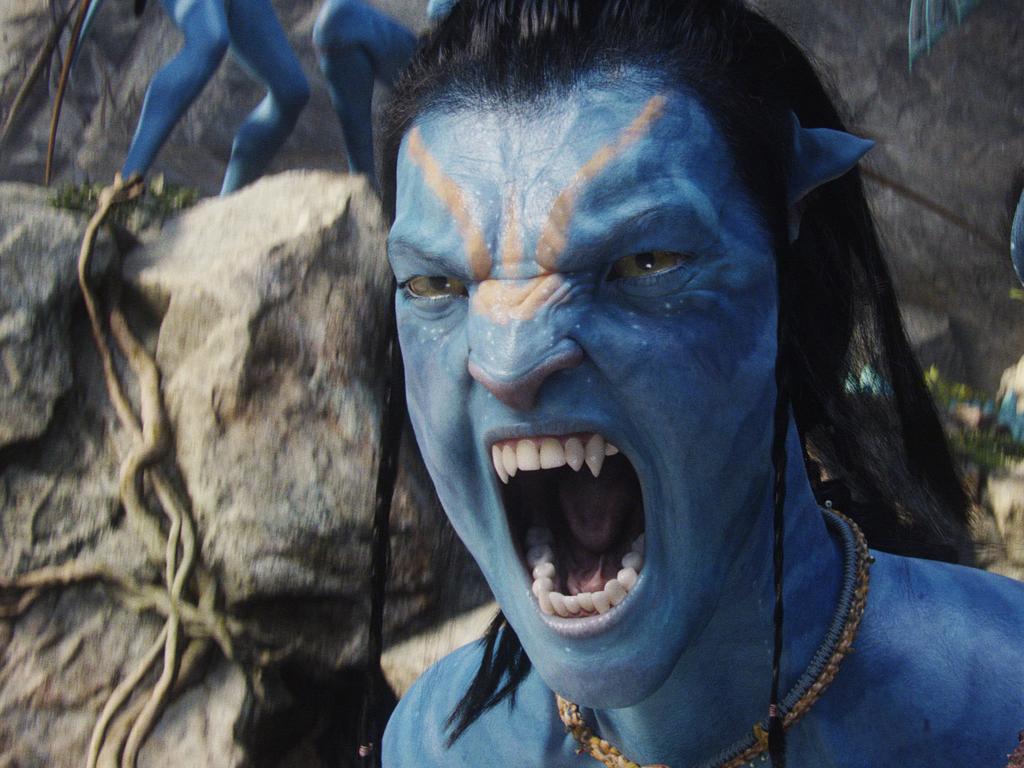Narcissism is fuelling a new age of mythology

For many, we live not in a time of reason but in an age of mythology. At the lurid fringes of modern supernatural belief are those who inhabit an archaic world of prophecies, witches, devils and ghosts. The most influential conspiracy theories concern not merely the collusion of the powerful but the operation of supernatural forces. Adherents of the QAnon cult are dedicated to deciphering the gnomic prophecies of “Q” and believe a sect of blood-drinking paedophiles controls the United States.
This is the extreme. But a mythological mood is more widely pervasive. Among the educated young, tarot and astrology are unprecedentedly fashionable - though it is a mark of sophistication to couch your interest in ironic or ambiguous terms, just as elite men and women in the Middle Ages understood that romances and chivalric legends invited allegorical as well as literal interpretation. Allegory is in vogue. The immensely popular conservative intellectual Jordan Peterson teaches a symbolically structured self-help philosophy organised according to a tarot-like scheme of mythological archetypes: “the virtuous hero”, “the great father”, “the goddess of destruction and death”.
All these phenomena are symptoms of a broader cultural dissatisfaction with the mundane and a preference for grandiose fantasies of human power and meaning. Almost all the highest-grossing films of the 21st century are about “superheroes": men and women who transcend the banal limitations of biology by flying or shooting webs from their fingers. Almost all computer games equip their protagonists with superhuman powers of speed, endurance and combat.

The arts dedicated to life on a banally human scale are in decline. Sales of literary fiction, which has traditionally dealt in the emotional minutiae of human affairs, are falling and its practitioners are fashionably derided as authors of “Hampstead adultery novels” about “middle-class problems”. Far more culturally prestigious are political dystopias, works of “magical realism” and quasi-mythological fantasies. A characteristic modern bestseller was Naomi Alderman’s The Power, in which women develop the powers of electrocution and become the dominant sex.
Religion once provided an imaginative framework for the human need to imagine oneself an actor in supernatural, cosmic and historical drama. Christianity’s postwar collapse in western countries is undoubtedly linked to the rise of “alternative” spiritual and supernatural ideas - paranormal beliefs are more common among atheists than religious believers. It is also the case that spiritual certainties are more attractive at times of insecurity and fear. According to the most pessimistic analysis, our spiritual state of affairs is analogous to the situation in the declining Roman empire: the old gods are dead, the old order is collapsing and bizarre new mystery cults sweep across the land.
But the most distinctive aspect of modern mythological thinking is its narcissism. Now, spiritual systems do not merely seek to explain a chaotic universe, they offer extravagant fantasies of personal power and influence. Peterson’s adepts are instructed to symbolically “slay the dragon of chaos”, overcome the forces of darkness and rescue the virgin from the labyrinth - in practice this means pulling up your socks, getting a stable office job and finding a nice girlfriend.

At the other end of the political spectrum, the most fervid adherents of the online woke movement consider themselves conduits for historical forces surging towards utopia. As VS Pritchett observed, the outward austerity of puritanism is apt to disguise its psychological drama: “Outwardly the Puritan appears narrow, crabbed, gloomy and dull; but from the inside - what a series of dramatic climaxes his life is . . . he lives like a soldier in the flash of battle.”
Jeff Ayan, the bearded guru of the controversial Twin Flames movement, teaches his followers that they are supernaturally destined to find romantic fulfilment with a “twin flame”. The disinclination or repulsion of one’s counterpart flame should be no discouragement: another person can be bent to your romantic desires by feats of will and persistence. A similar narcissistic logic underpins the modern vogue for “manifesting”, which means imagining your goals and chanting mantras (eg, “everything I do yields results") in order to will your preferred life into being. This is praying: not to God but to yourself.
So it is with the witches. We no longer fear them as the agents of supernatural forces but many people do believe themselves to be witches, the unique wielders of that supernatural power. Each follower of QAnon is his own priest, personally privileged to interpret the enigmatic sayings of the prophet.
In the modern world, reason requires not only a belief in science but, perhaps more challengingly, an acceptance of human irrelevance. We must not shirk the banal, cosmically disappointing fact that we humans scarcely matter, that we do not have any superpowers and above all that we are not witches.
The Times







Few could have predicted witchcraft’s improbable 21st-century revival. The zealous townspeople of 17th-century Salem would be exasperated to learn that more than 300 years later, we have still not got to grips with the problem to which they dedicated so much effort and terror. There are more than a million witches in the United States, compared with only a few thousand at the beginning of the 1990s. Belief in aliens is growing. So is belief in Atlantis. A third of British people claim to believe in ghosts.